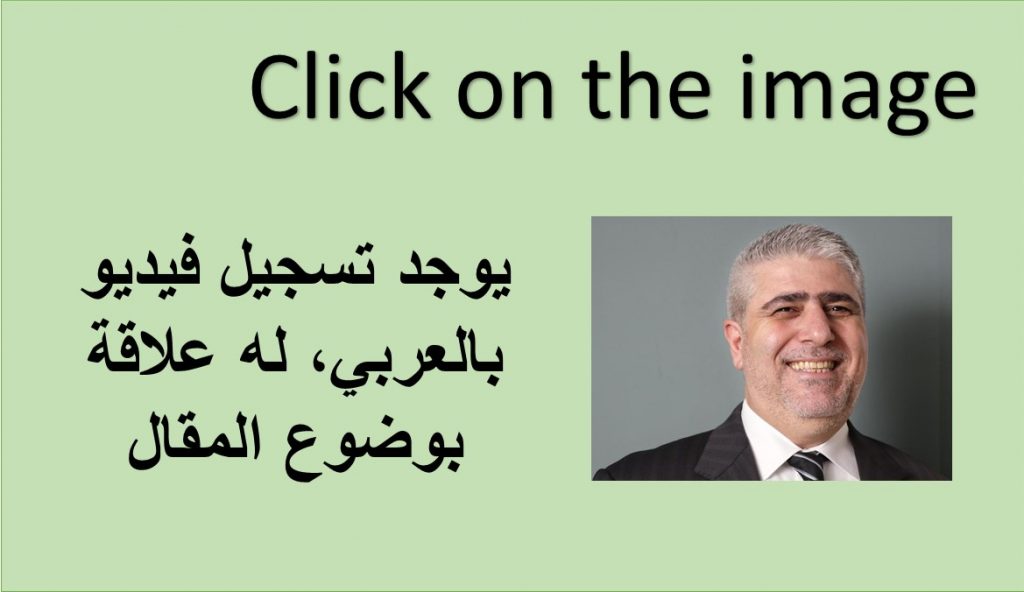It is quite common nowadays the use of social media to network, share knowledge, and learn. Project management is one of those domains that we also use social media for.
It is also common to find many groups on social media sites dedicated to project management, especially those sites advocating the PMP certifications and posting questions daily or hourly.
What are some of the issues, challenges, problems, and opportunities that we see with such groups?
 Opportunities
Opportunities
There are many opportunities to exploit from these groups, including networking, meeting new people in far away places, gain exposure to experts, share and receive knowledge, and many other things. These groups, the good ones, are highly valuable and a free source of information.
Challenges
However, the ease of use has led to many challenges and problems, these include:
- “So Called Experts”: since it is easy to copy paste, we find many professionals that claim to be experts and sharing information that is copy paste. Others post based on their understanding but not realizing the gaps in their understanding and that they are conveying information that is not truthful or not accurate.
- Many of these professionals have the proper intent of contributing to the community and do not know their contributions contains errors. However, many do not have a problem copy-paste without understanding or even know there are errors.
- False Marketing: some market their product using false information that would be illegal in some countries. They make claims that are not true or just offer misleading information.
- Copyrights – 1: many have no problem sharing and asking for materials, books, software, that are protected by copyrights, which is illegal but none-the-less, it is done.
- Copyrights – 2: In addition to openly sharing, some post questions (PMP) that are from other published sources, but they do not credit those sources. They also act like they are the owner of the information.
There are more challenges, and maybe we can add later, or you can add yourself in the comments.
Common Mistakes
What are some of the common mistakes, honest or on purpose, that we see in these posts?
PMP does not equal PM
Many equate the field of project management to one certification, the PMP. Basically, writing as if PM = PMP, which is not correct. For example, someone asks “I am a student, can the PMP help me?” Often, these people might not understand that the PMP is a certificate and not the field of project management.

PMP is not a Certified Project Manager
Some act and write, that the PMP is a Certified Project Manager, or even more, Expert Project Manager. As many knows, the PMP is NOT a project manager certification, and many of its holders possibly have never managed a project and might never will. It is a certification that validates its holder for passing a multiple choice exam.
Process Groups
The Process Groups of the PMBOK Guide and ISO 21500 are not the project phases of the project life cycle. This is the most common mistakes we see online – even by those who deliver courses on the PMBOK Guide and the PMP.

Project Charter
Charter: because the charter is the first process mentioned in the PMBOK Guide since it is in initiating (first process group) and in integration (first knowledge area) so they assume and write about “the first document of the project.” Just because the charter is the first process that does not make it the first document.
Why?
(1) the charter process has inputs, these are documents that have to be produced before the sponsor can work on the charter.
(2) Before the sponsor develops the project charter, there has to be a feasibility stage (part of the Discovery Phase in CAMMP), and that stage requires its own deliverables starting from the idea, project brief, etc.
Salaries and the PMP
Since PMI does a salary survey showing that those who have a PMP makes more money than their counterparts, PMI (and some of its chapters, REP, and other associates) have been using this information to market that the PMP leads to 16%, or more, growth in salary. I understand that PMI has been challenged on its wording in marketing this survey as unethical practice and I also understand that the language they used (wording) have changed.
Why?
(1) Because in 33 years of PMP existence, there has not been an independent study (even a PMI study) that proves the PMP has led to increased performance, organizational performance, or project success rates.
(2) Most social media surveys and questions about benefits from the PMP; the vast majority (if not 99%) of the respondents said that the PMP did not lead to a raise, bonus, or promotion at work. No tangible direct benefit. However, many say it helps them think better, which is expected. Preparing for the PMP is highly valuable and open a new way of thinking to those who believe and understand.
What do you think?
[contact-form][contact-field label=’Name’ type=’name’ required=’1’/][contact-field label=’Email’ type=’email’ required=’1’/][contact-field label=’Website’ type=’url’/][contact-field label=’Comment’ type=’textarea’ required=’1’/][/contact-form]

